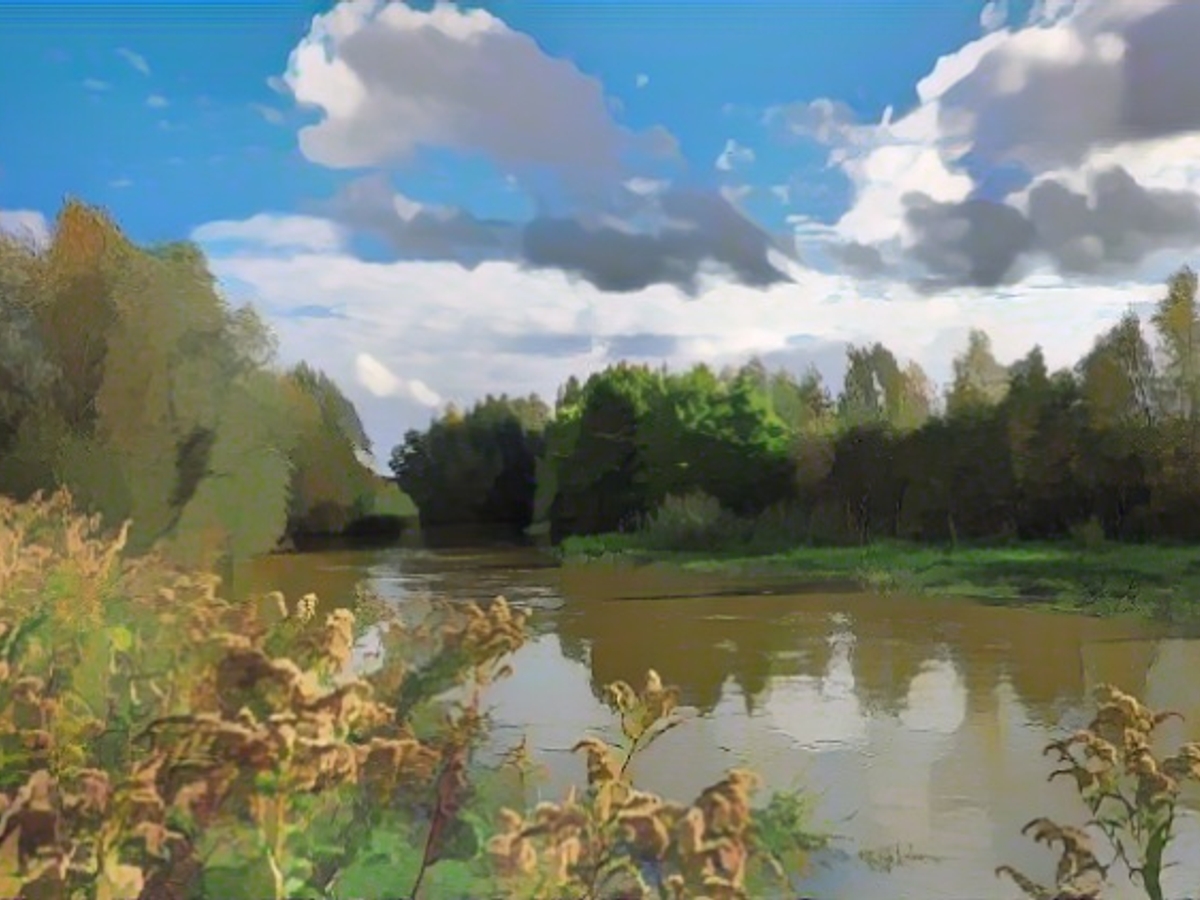EU states agree on law to restore nature
Nature in Europe is not doing well. The EU member states are now taking countermeasures and committing to restoring a considerable part of it. Concerns about agriculture and food safety are allayed with the draft law. However, the timetable is tight.
The EU member states and the European Parliament have agreed on an important draft law to restore nature. The text obliges member states to implement nature restoration measures on at least 20 percent of the EU's land and sea areas by 2030, according to a European Council statement. The legislative proposal will now be submitted to the European Parliament and the EU countries for final approval. This step is usually a formality due to previously agreed arrangements.
"We can be proud of this historic result, which sets ambitious and workable rules for all," Pascal Canfin, chairman of the Environment Committee in the European Parliament, said on X, formerly Twitter.
The Spanish Minister for Ecological Transition, Teresa Ribera Rodríguez, said she was "proud" of the law, which was "the first of its kind". "It will help us to restore biodiversity, preserve nature for future generations and combat climate change at the same time," she said.
EU data shows that more than 80 percent of natural habitats in Europe are in a poor state. The new draft law requires EU countries to take action to restore 30 percent of habitats in poor condition by 2030, 60 percent by 2040 and 90 percent by 2050. Environmentalists welcomed the agreement on the law, which is a central pillar of the EU's biodiversity strategy.
Increase CO2 storage
Specifically, according to the proposed law, EU governments would have to take targeted measures to improve natural habitats in at least two of the three areas mentioned: the populations of meadow butterflies should be increased, hedges should be reintroduced on agricultural land and carbon storage in soils should be promoted.
Parliament's largest political group, the conservative European People's Party (EPP), had previously rejected the proposal and criticized that the text would endanger food safety in the EU and restrict the possibilities for building wind and hydroelectric power plants. On Thursday, the EPP pointed out the "remarkable improvements" of the "heavily revised" text, which no longer contains the "obligation to restore ten percent of agricultural land" that was originally demanded.
The European Parliament, in alignment with EU member states, has approved a draft law aimed at restoring nature. This legislation targets the enhancement of environmental protection and nature conservation efforts, with a focus on restoring at least 20% of EU land and sea areas by 2030. The EVP, or European People's Party, previously opposed the proposal due to concerns over food safety and construction, but later endorsed a revised version, excluding the original ten percent agricultural land restoration requirement.
Source: www.ntv.de








